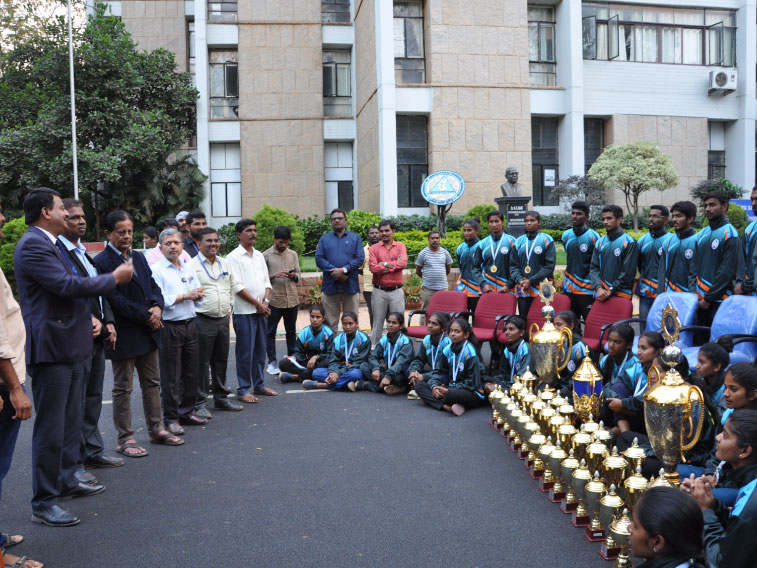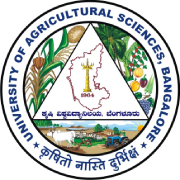

The partners:
Indian Partners:
- University of Agricultural Sciences, Bangalore (UASB) as the nodal and lead organization
- National Institute of Animal Nutrition and Physiology (NIANP-ICAR), Bengaluru
- Indian Institute of Space Technology (IIST), Trivandrum
- Institute for Social and Economic Change (ISEC), Bengaluru
- Institute for Wood Science and Technology (IWST), Bengaluru
- Ashoka Trust for Environment and Ecology (ATREE), Bengaluru
- Azim Premji University (APU), Bengaluru
- Indian Institute of Forest Management (IIFM), Bhopal
German Partners:
- University of Kassel, Germany
- George-August University, University of Gottingen-Germany
Phase-I details
- Total number of Indian projects: 14
- Total Number of German Projects: 12
- Duration (Phase I): Three years (November 2016 to November 2019) extended up to September 2020 (2 times extension)
- Total Outlay: 931.39 lakhs
Phase-II details
- Total number of Indian projects: 15
- Total Number of German Projects: 12
- Duration (Phase II): Three years (19th March 2021 to 18th March 2024)
- Total Outlay: 934.63 lakhs
Phase-I major outcomes
- Demonstration plots in farmers’ fields: Recommendations increased yields 7 to 26% in both transects.
- Bee species richness: urban > transition > rural. Much scope for conserving bees in urban areas.
- Increase in livestock population 2006-2016: Crossbred cow and sheep in rural areas, goat in transition areas.
- Field Margin Vegetation (FMV) is rich in transition (76 species), FMV in the context of climate change mitigation and valuation of economic and non-economic attributes have emerged as major components to be considered in future research.
- Agricultural production diversity is positively influencing food security. From a policy perspective, the findings suggest that efforts are to be made to promote crop diversification to enhance food security.
- Women prone to obesity: urban > transition > rural areas (37 % > 19.5 % > 16 %)
Publications: More than 60 research papers were published in Peer-reviewed Journals at the National and International levels. Along with this, more than 70 conference abstracts were published. The majority of the publications are joint publications.
Phase-II: General Hypotheses (GH) formulated in the collaborative joint proposal, and use them to derive their project-specific research questions presented in the individual proposals.
GH1: Competition for land and water lead to intensified agricultural production and increase household vulnerability to contingencies and shocks.
GH2: Conflicts between provisioning, supporting, regulating, and cultural ecosystem services increase with urbanization.
GH3: Diversity in production systems and in the exchange processes of goods and services is highest at intermediate stages of transition.
GH4: Ecological constraints and economic opportunities increase with urbanization and make decision processes and governance more complex.
-
- Page Visitors Count:
- Last Updated:
- Site Statistics




